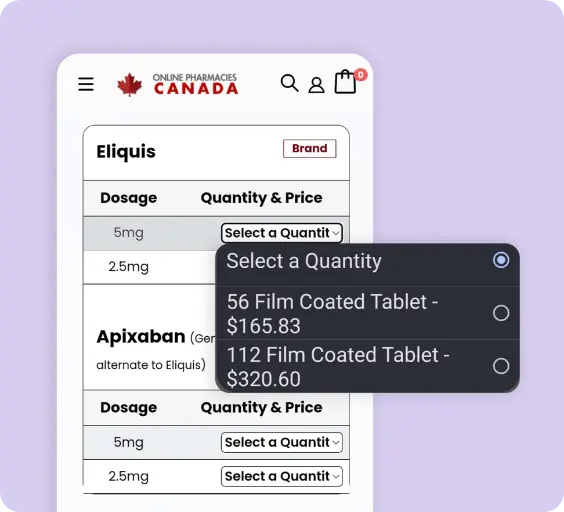What are the benefits of taking Niacin?
Niacin can help lower cholesterol, reduce the risk of heart disease, reduce inflammation, improve brain function, and even help with depression. It can also help to regulate blood sugar levels and reduce the risk of stroke.
What are the side effects of taking Niacin?
Common side effects of taking niacin include flushing, itching, nausea, vomiting, stomach pain, and diarrhea. In rare cases, niacin can cause liver damage. It is important to talk to your doctor before taking any niacin supplements.
What is the recommended dosage of Niacin?
The recommended dosage of niacin can vary depending on the individual and their medical condition. It is recommended to start with a low dose and increase gradually. It is important to follow the instructions on the package label and not exceed the recommended dosage.
What foods contain niacin?
Niacin can be found in many foods, including yeast, meat, fish, milk, eggs, nuts, legumes, and whole-grain cereals. Foods that are particularly high in niacin include liver, tuna, and sunflower seeds.
Is niacin safe to take with other medications?
Niacin may interact with certain medications, so it is important to talk to your doctor before taking it if you are taking any other medications. Niacin may also interact with cholesterol-lowering drugs, so it is especially important to discuss with your doctor before taking it if you are taking these medications.

 Prescription Required
Prescription Required
 Formulation: Regular Release Tablet
Formulation: Regular Release Tablet
 Prescription Required
Prescription Required
 Formulation: Regular Release Tablet
Formulation: Regular Release Tablet






















REVIEWS